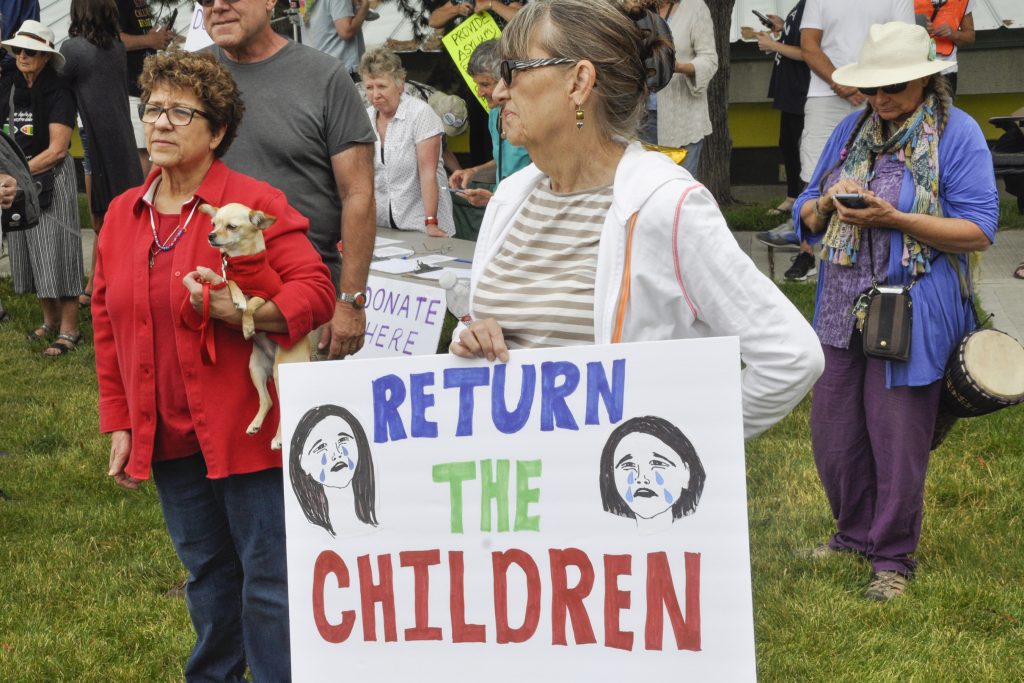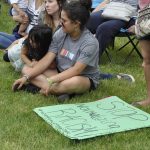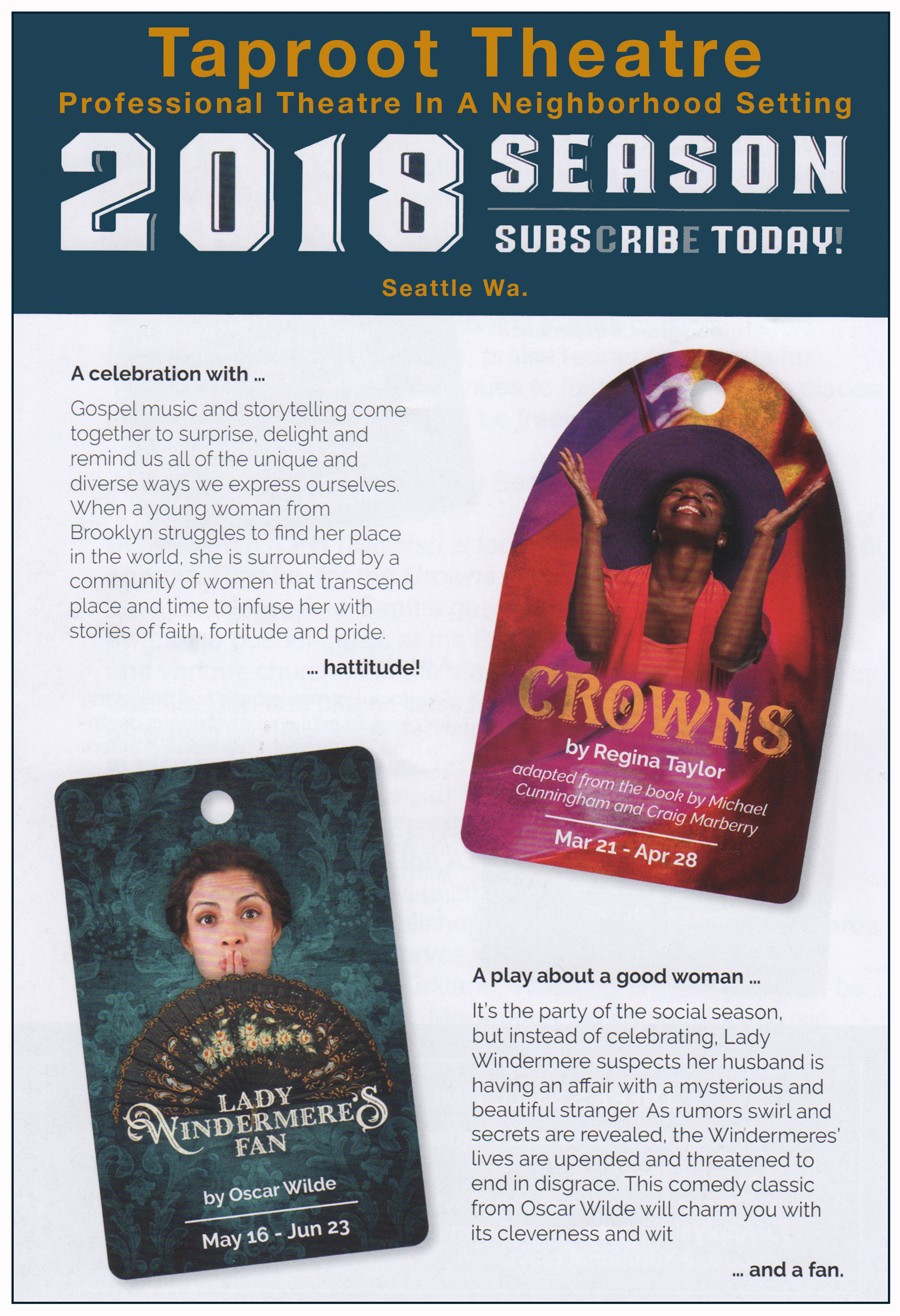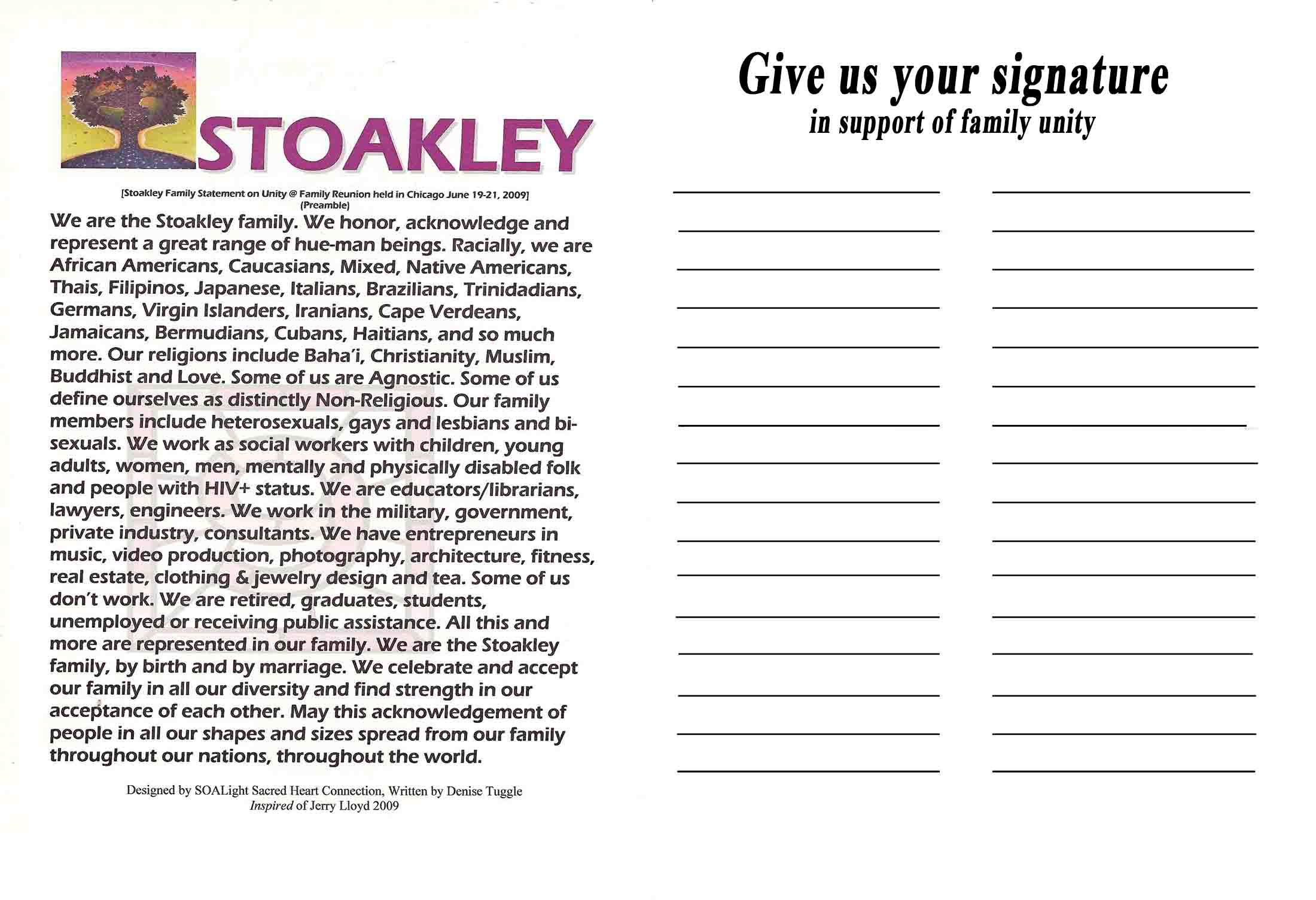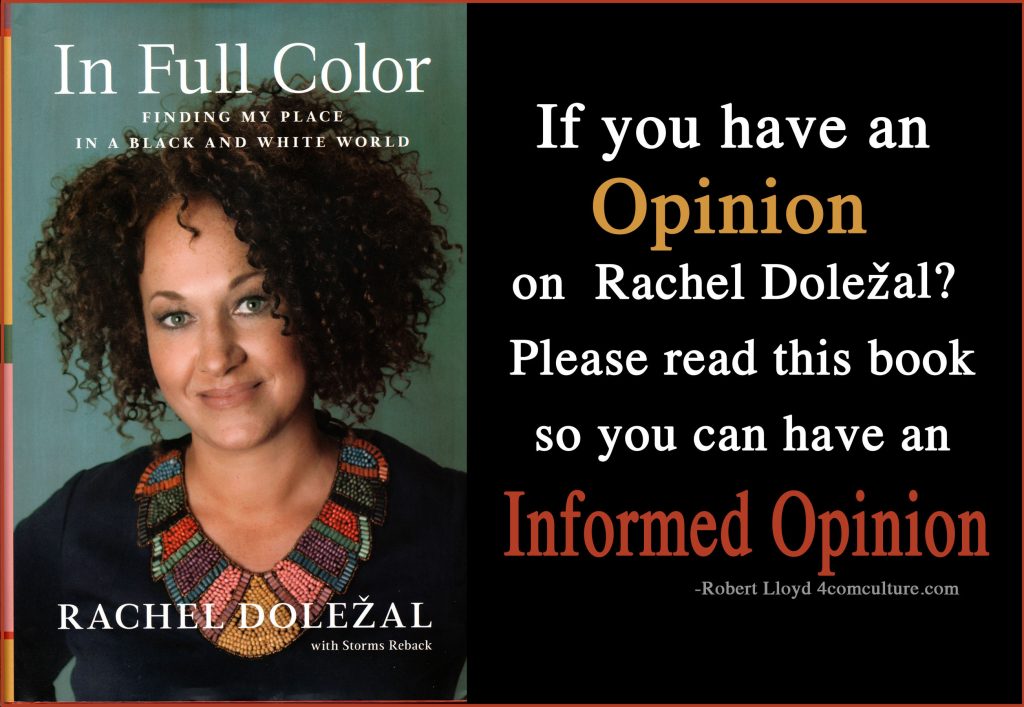Category Archives: Parenting
What We Did March 24 In Seattle
How I See It: Hate starts and ends in your home
The Sound Bites Now The Book
“I Blame Yo Mama”
Oh yes, I say we should. You say “don’t talk about yo mama”. Yea I know those are fighten’ words, but read THE ROOT article and we can fight afterwards.
When Bad Parenting Affects Good People
Was Nancy Lanza’s poor judgment the root cause of her son’s shooting spree in Newtown, Conn.?
http://www.theroot.com/views/when-bad-parenting-affects-good-people?page=0,1
(The Root) — The massacre at Sandy Hook Elementary School in Newtown, Conn., is still at the top of the news cycle, weeks after Adam Lanza, 20, murdered 20 unsuspecting schoolchildren and six teachers and administrators with weapons purchased by and registered to his mother, Nancy Lanza. The young man shot her in the head four times in her home as she slept before heading to Sandy Hook to embark on the second-deadliest school massacre in U.S. history.
Nancy, described as a gun enthusiast, has become the recent object of fascination, with many wondering why she would keep guns in her house at all and take her son to the shooting range, knowing that he was “troubled.”
While I’m not interested in embarking on a “blame the mother” narrative, particularly when very little is known about the Lanza family dynamics (i.e., Adam’s relationship with his father, brother, grandparents and so on), I do think that Nancy’s actions are indicative of a practice that I call “when bad parenting happens to good people.” (In this case, “good people” could refer to Nancy or the victims of the Newtown shooting.)
It’s a reality seen as pretty much standard by people who work with or are regularly exposed to children and young adults. It is the idea that common sense isn’t always common, especially when it comes to parenting. As a college-level educator, I have the opportunity to see great parenting and bad parenting, up close and personal.
There are all types of parents, with diverse ideologies, philosophies, worldviews and approaches to parenting. Some take a laissez-faire position, allowing their children to explore and experience college life without much interference or direction. Other parents have a hands-on approach, staying in constant contact with their children and dictating nearly every movement they make.
It’s obvious when parents have taught their children boundaries, self-control, integrity and a sense of responsibility for their actions. Meanwhile, it seems as if other parents have not taught their kids much of anything — such as to speak when spoken to, which in my book constitutes having basic manners.
Some parents do so much for their children that those students have difficulty making a simple decision (e.g., going to class instead of sleeping in), let alone accepting the consequences of poor decision-making (e.g., sleeping in instead of going to class). I have learned that, like professors, not all parents are created equal, and each one has a different parenting style — one that may not necessarily work for the rest of the world.
Nancy Lanza is an example of this phenomenon. Her poor judgment and profound lack of common sense as a parent (keeping guns around a “troubled child”) had tragic consequences for a lot of people, including herself. To be clear, not all children with Asperger’s syndrome are dangerous, but parents who are overwhelmed and in over their heads (dealing with children they are not trained or equipped to handle) certainly are troubled and in need of help. Parenting doesn’t come with a manual, which is why parenting classes exist.
You don’t have to be a school psychologist or a college professor to identify everyday examples of bad parenting. Head to the local grocery store or department store, or spend a few minutes at the airport waiting for a flight, and you’ll see that good parents are not born; like good children, they are made.
While some cultural critics are willing to try to find the correlation between bad deeds and either guns or exposure to violence in media, some aren’t as willing to explore the correlation between the rise in violent acts among young adults and the type of parenting they receive. Why?
Maybe it is because many of us would find our own parenting styles implicated. What happened in Sandy Hook and continues to happen in Chicago and other cities teeming with violent crime has to be dealt with on multiple levels, and parenting or the lack thereof should not be left out of the equation. Otherwise I fear we’ll continue to see examples of bad parenting happening to good people, long after the tragedy in Newtown stops being a hot news story.
My Parents Were Revolutionary: Chuck Worthy
“My Parents Were Revolutionary” is an exploration of the life lessons and concepts taught by Charles E. Worthy Sr. and Helen A. Shaw Worthy to Chuck Worthy and his sisters when they were growing up.
Click here for Chuck Worthy’s story about his parents.
Also read his essay The Great Ones:
“We call them Slaves and yes they were bound in slavery, born and lived and died in slavery but oh how Great They Were!! “
A Jewish Christmas Story
This Christmas story was forwarded to me and I laughed. I thought about posting it here. But I didn’t think it was politically correct. So I googled the story and found that it was published online by The Jewish Magazine. When I laughed I wasn’t laughing at little Jimmy Cohen but at the irony of spending so much money on toys for our children. Wouldn’t it be great if instead we opened up a savings account for them, bought educational software, clothes or books?
A Jewish Christmas Story
The teacher was very curious about how each of her students celebrated Christmas Eve “Tell me Patrick, what do you do on Christmas Eve?” she asked.
Patrick addressed the class. “Well Miss, me and my twelve brothers and sisters go to midnight Mass and we sing hymns, then we come home very late and we put mince pies by the back door and hang up our stockings. Then all excited we go to bed and wait for Father Christmas to come with all our toys.”
“Very nice Patrick, now Jimmy Brown, what do you do?”
“Well Miss, me and my sister go to Church with Mum and Dad and we sing carols and we get home ever so late. We put cookies and milk by the chimney and we hang up our stockings. We hardly sleep waiting for Santa Claus to bring our presents.”
Remembering there was a Jewish boy in the class and not wanting to leave him out of the discussion, she asked, “Now Jimmy Cohen, what do you do on Christmas Eve?”
“Well Miss, it’s the same old thing every year. Dad comes home from the office. We all pile into the Rolls and drive to his toy factory. When we get inside we look at all the empty shelves and sing “What a friend we have in Jesus”. Then we go to the Bahamas.”
Jewish Humor and Joke page
The Jewish Magazine http://www.jewishmag.com/97mag/humor/humor.htm
Miss Devine
Cousins James Ransom and Cherie Johnson recall their fearsome Sunday school teacher, Miss Lizzie Devine, the only woman who had more power than their grandmother. Set in the small Florida town of the cousins’ memories, this animation resounds with the joy of sharing stories with family.
Directed by: The Rauch Brothers
Backgrounds: Bill Wray
Producers: Mike Rauch & Isaac Kestenbaum
Animation: Tim Rauch
Audio Produced by: Katie Simon

